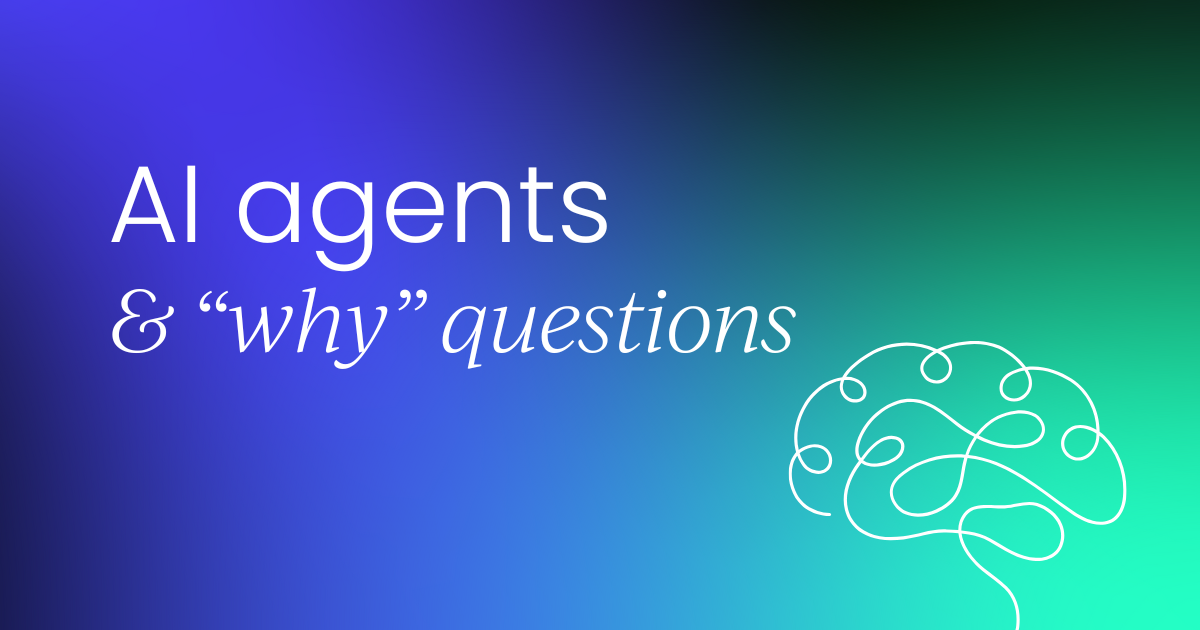Llama2Vec: Unsupervised Adaptation of Large Language Models for Dense Retrieval
PositiveArtificial Intelligence
- The recent introduction of Llama2Vec presents a novel approach for adapting large language models (LLMs) for dense retrieval tasks. This method employs unsupervised adaptation through two pretext tasks: Embedding-Based Auto-Encoding (EBAE) and Embedding-Based Auto-Regression (EBAR), enhancing the LLM's ability to represent semantic relationships effectively.
- This development is significant as it addresses the limitations of traditional LLMs, which are primarily trained through auto-regression, by enabling them to function as discriminative encoders for dense retrieval, thereby improving their utility in information retrieval systems.
- The advancement of Llama2Vec aligns with ongoing discussions in the AI community regarding the optimization of LLMs for various applications, including the integration of active learning and multimodal capabilities. These themes reflect a broader trend towards enhancing LLMs' adaptability and efficiency in processing diverse data types and tasks.
— via World Pulse Now AI Editorial System

